You may come across the terms 'slow charging', 'fast charging' and 'rapid charging'. But how are they defined?
Slow charging units are generally rated between 2kW and 6kW, and can be found at homes or workplaces. These include portable chargers that plug straight into a standard 13A domestic socket. What does 'kW' mean?
Fast charging is defined as 7-22kW charging, which is more than fast enough for overnight charging. The required current is 32A. Most public charging stations fall under this category.
Rapid (en-route) charging units operate at 43-149kW, DC or AC, and will recharge most cars to around 80% in 30 minutes. They usually use a tethered cable equipped with a non-removable connector. Ultra-rapid charging stations operate at 150kW or more. That means that in mere minutes, you’ll be good to go. You’ll usually only find these 'destination chargers' at motorway services, where they cost a lot more than you’ll pay for domestic electricity.
Note: Regular use of rapid charging can reduce battery life. Not all electric vehicles can use a rapid charger. Connected vehicles will only draw appropriate current based on their rated capability.

